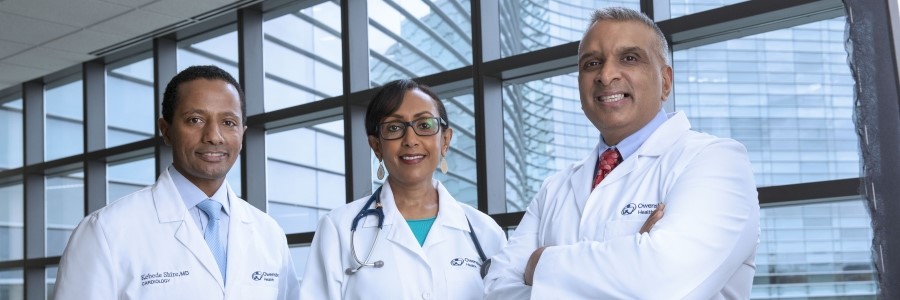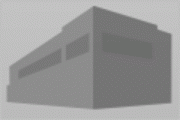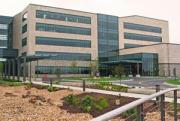Timely Heart Attack Care

During a heart attack, rapid response improves your outcome. As part of a nationwide quality initiative, we have adopted guidelines proven to improve survivability during a Heart Attack.
When you arrive
Patients with blocked arteries receive treatment in an average of only 61 minutes, compared to the 90-minute standard established by the American College of Cardiologists and the American Heart Association. This timely treatment increases your odds of a successful recovery and rehabilitation.
What is a Heart Attack?
A heart attack occurs when blood flow to a part of your heart is blocked for a period of time and a part of the heart muscle is damaged. It is also called a myocardial infarction (MI).
Angina is pain or pressure in the chest. It occurs when your heart muscle is not getting enough blood or oxygen. You may feel angina in your neck or jaw. Sometimes you may notice that you are short of breath.
Below are some questions you may want to ask your health care provider to help you take care of yourself after a heart attack.
Questions To Ask Your Doctor
What are the signs and symptoms that I am having angina? Will I always have the same symptoms?
- What are the activities that can cause me to have angina?
- How should I treat my chest pain or angina when it happens?
- When should I call the doctor?
- When should I call 911?
How much activity is okay for me?
- Can I walk around the house? Is it ok to go up and down stairs? When can I start light housework or cooking? How much can I lift or carry? How much sleep do I need?
- Which activities are better to start with? Are there activities that are not safe for me?
- Is it safe for me to exercise on my own? Should I exercise inside or outside?
- How long and how hard can I exercise?
Do I need to have a stress test? Do I need to go to a cardiac rehabilitation program?
When can I return to work? Are there limits on what I can do at work?
What should I do if I feel sad or very worried about my heart disease?
How can I change the way I live to make my heart healthier?
- What is a heart-healthy diet? Is it ok to ever eat something that is not heart healthy? How can I make heart-healthy choices when I go eat out?
- Is it ok to drink alcohol? How much?
- Is it ok to be around other people who are smoking?
- Is my blood pressure normal?
- What is my cholesterol? Do l need to take medicines for it?
Is it ok to be sexually active? Is it safe to use sildenafil (Viagra), vardenafil (Levitra), or tadalafil (Cialis) for erection problems?
What medicines am I taking to treat angina?
- Do they have any side effects?
- What should I do if I miss a dose?
- Is it ever safe to stop taking any of these medicines on my own?
If I am taking a blood thinner such as aspirin, clopidogrel (Plavix), can I use medicines such as ibuprofen (Advil, Motrin), naproxen (Aleve, Naprosyn) for arthritis, headaches, or other pain problems?



